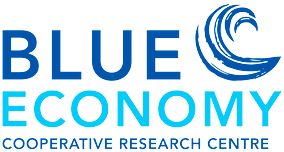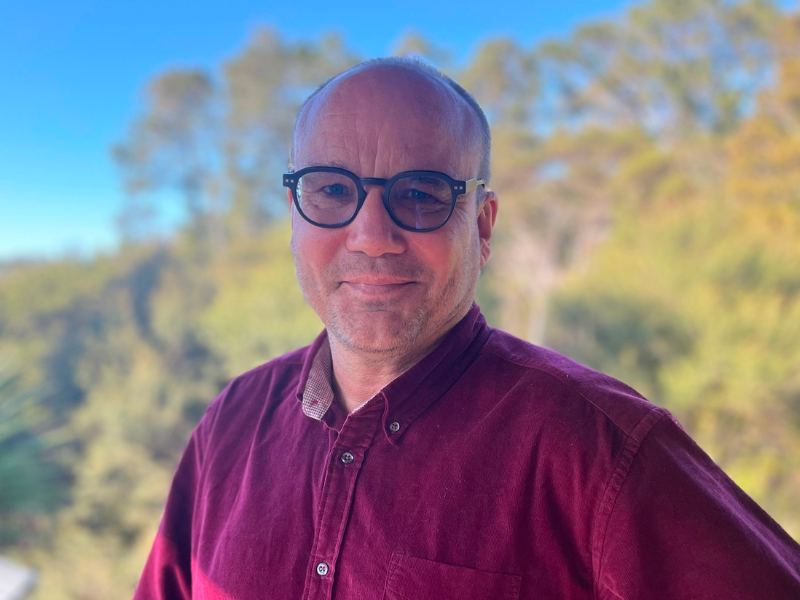Dr Kay Vopel
Dr. Kay Vopel is an Associate Professor at the Auckland University of Technology (AUT), New Zealand. He uses environmental sensor technology in underwater and laboratory experiments to investigate how anthropogenic stressors, such as organic and carbon dioxide enrichment, impact fundamental biogeochemical processes that determine the functioning of coastal marine ecosystems.
Kay has been at AUT for over 15 years and currently serves as the leader of the AUT Department of Environmental Science. His contribution to the Blue Economy Cooperative Research Centre focuses on issues related to the fate of organic waste released from fish pens into coastal waters and the development of tools for assessing the environmental performance of offshore aquaculture facilities. His project team is specifically working on developing a tool that can rapidly describe the farming footprints in the seafloor ecosystem using autonomous seafloor lander measurements.
Before joining AUT, Kay worked closely with the aquaculture sector as a scientist at New Zealand’s National Institute of Water and Atmospheric Research. He spent two years at the Oceanography Department of Florida State University, two years at the Department of Marine Biology of Vienna University, three years at the Alfred Wegener Institute (the German Helmholtz Centre for Polar and Marine Research), and had a series of visiting appointments with the Caribbean Coral Reef Ecosystem Program of the Smithsonian National Museum of Natural History.
Dr. Kay Vopel is an Associate Professor at the Auckland University of Technology (AUT), New Zealand. He uses environmental sensor technology in underwater and laboratory experiments to investigate how anthropogenic stressors, such as organic and carbon dioxide enrichment, impact fundamental biogeochemical processes that determine the functioning of coastal marine ecosystems.
Kay has been at AUT for over 15 years and currently serves as the leader of the AUT Department of Environmental Science. His contribution to the Blue Economy Cooperative Research Centre focuses on issues related to the fate of organic waste released from fish pens into coastal waters and the development of tools for assessing the environmental performance of offshore aquaculture facilities. His project team is specifically working on developing a tool that can rapidly describe the farming footprints in the seafloor ecosystem using autonomous seafloor lander measurements.
Before joining AUT, Kay worked closely with the aquaculture sector as a scientist at New Zealand’s National Institute of Water and Atmospheric Research. He spent two years at the Oceanography Department of Florida State University, two years at the Department of Marine Biology of Vienna University, three years at the Alfred Wegener Institute (the German Helmholtz Centre for Polar and Marine Research), and had a series of visiting appointments with the Caribbean Coral Reef Ecosystem Program of the Smithsonian National Museum of Natural History.




